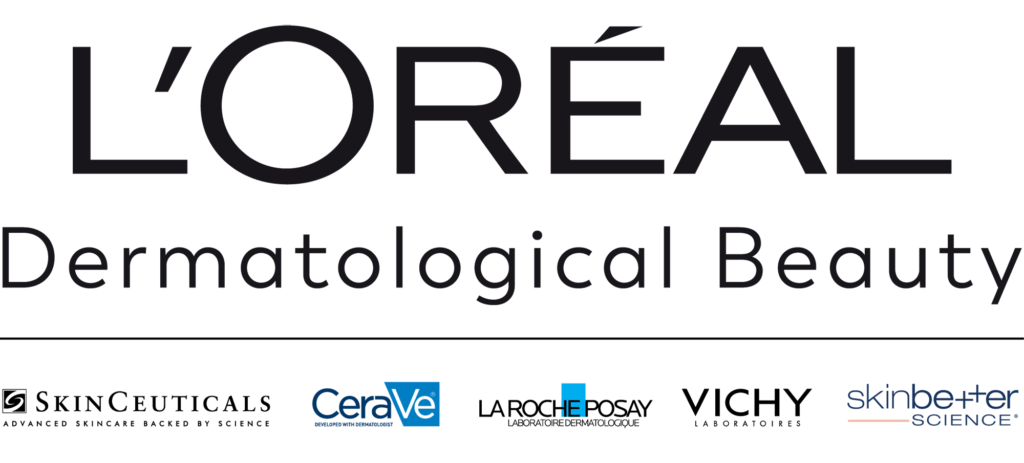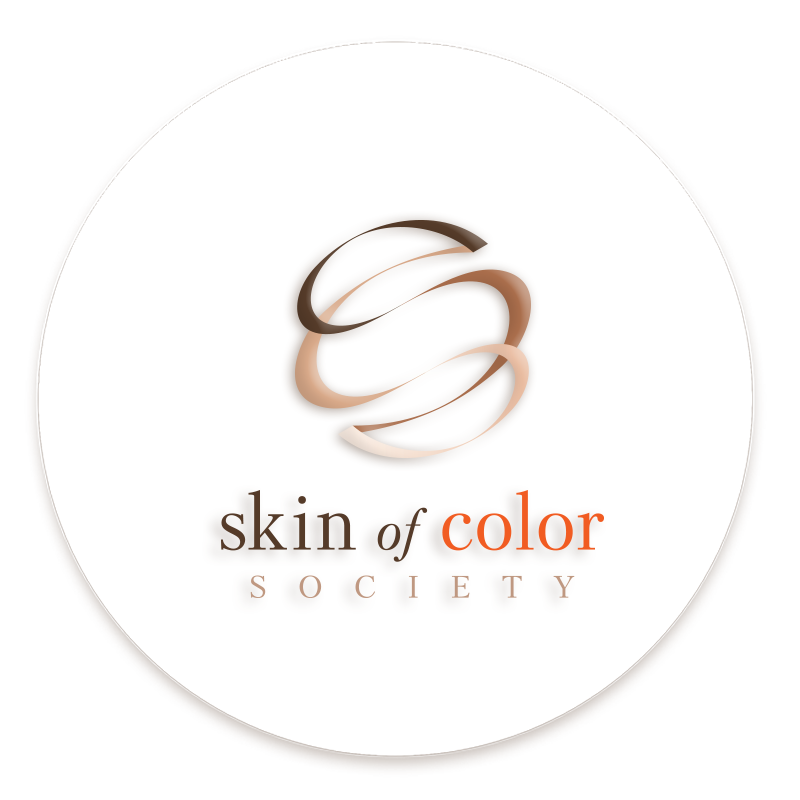The SOCS Dermatology Research Award will provide annual research grants (each up to $20,000) to promote dermatology research within the field of skin of color. The grant is intended to assist dermatologists who are at ten years or less since completing terminal residency/fellowship training or who are an instructor/assistant professor in furthering their academic careers.
Application Closed
Application Procedure:
Recently, SOCS has introduced an online application program that streamlines the application and the review process. Below is a partial checklist of the information you will need to supply in your application.
With the exception of headshots, any uploaded documents must be in a PDF format.
Eligibility:
-
Skin of Color Society Member
-
MD, DO or international equivalent degree and must currently be at a U.S. accredited program/organization
-
Dermatology residents, dermatology research fellows, and dermatologists who are board-certified or board eligible within the first 8 years after completing post-graduate training
-
Research fellow must be doing dedicated dermatology research through an academic institution or formalized research program
-
Demonstrates a strong commitment to skin of color research, either clinical, translational, or basic science with clinical applications
-
Relevant research areas pertaining to skin of color.
-
Appropriate training in research or mentor available for instruction in this area (letter of commitment from the mentor must accompany application)
-
Preference for dermatologists who are ten years or less since completing terminal residency or fellowship training or who are an instructor or assistant professor with no previous sources of funding
-
Note that previous applicants are eligible to re-apply
Award Amount:
-
Up to $20,000. Non-renewable.
-
Direct salary costs are not supported.
-
Indirect costs not allowed.
Personal Data Related Fields:
-
Disclosures for all investigators listed on the project
-
Principal investigators’ name, affiliation, address, telephone, and fax numbers
-
Curriculum vitae of the principal investigator
Research Related Fields:
-
Title of research study
-
Objective
-
Rationale
-
Methods
-
The anticipated amount of time needed to complete the proposed work
-
Significance of the proposed project
-
Bibliography of the references cited in the narrative
-
Appropriate reprints (if necessary) to fully document the reason for the proposal
-
Completed estimated budget template which should be subdivided into categories.
Additional Information:
1. All work must begin within six months of the funding of the grant
-
Only under special circumstances and with the approval of the Skin of Color Society can the work be delayed beyond this time period.
-
Grant research should be completed within 18 months of initial funding.
-
Additional time requirements should be detailed and submitted in writing to the Chair of the Research Committee.
2. No more than one-half of the grant can be initially sent to an investigator
-
Once the research is underway and a written report (including details of all expenditures) is received by the Skin of Color Society, further funding may be allowed if the previous use of funds is deemed acceptable by the Committee.
-
More initial funding can be received earlier during the research, but this funding is at the discretion of the Skin of Color Society.
3. The budget for the research protocol must be approved by the Skin of Color Society
-
The Committee may accept the entire budget or portions of the budget.
-
Funds issued by the SOCS for specific investigations cannot be used for other purposes.
-
If the initial proposal cannot be undertaken, all funds must be returned promptly to the Skin of Color Society Secretary-Treasurer.
-
Please note the grant funding cannot be used for indirect departmental costs, travel expenses, overhead costs, IRB fees or to purchase capital equipment such as computers, cellular phones, tablets, appliances, machinery, camera equipment, sensors, etc.
-
Direct salary costs are not supported.
-
Unused funds must be returned with a summary of why the funds were not used.
4. Reporting Requirements
-
A written update detailing the progress of the research must be sent to the Chair of the Research Committee of the Skin of Color Society within 12 months of initiation of research.
-
Summary of research results must be submitted in the Skin of Color Society newsletter.
-
A research summary must be presented at the SOCS annual meeting two years after receipt of the grant.
5. Chair/Mentor Letter and CV
The department or division chair must supply a letter of support detailing that the principal investigator will be responsible for conducting the research. The letter should include the following:
-
Discuss their track record and experience with developing mentees
-
What they think the potential is for the applicant as an independent researcher in skin of color
6. Change of Address/Practice Type
-
If the funded investigator transfers locations or practice type (i.e., goes from a university to private practice, or the reverse), these changes must be sent in writing to:
-
The Chair of the Research Committee, and the SOCS Secretary-Treasurer.
-
-
The Skin of Color Society will determine if funding is to be ongoing after reviewing these changes. IRB approval must be maintained for the duration of the study if human subjects are involved.
7. Publications and Presentations
-
Publications and presentations related to the funded research should identify the support of the Skin of Color Society.
-
A copy of any such publication should be forwarded to the Skin of Color Society Research Committee Chairman and the Secretary-Treasurer.
The Research Committee of the Skin of Color Society will assume the responsibility for reviewing grant applications, making funding recommendations, and monitoring the grants program.
Funding for this program is being supported by:




Stephen Li, MD, PhD
Adult Hair Follicle Neogenesis for Treatment of Scarring Alopecia
Funding for this program is made possible with thanks to Bristol Myers Squibb, L'Oréal Dermatological Beauty, and Pfizer.







